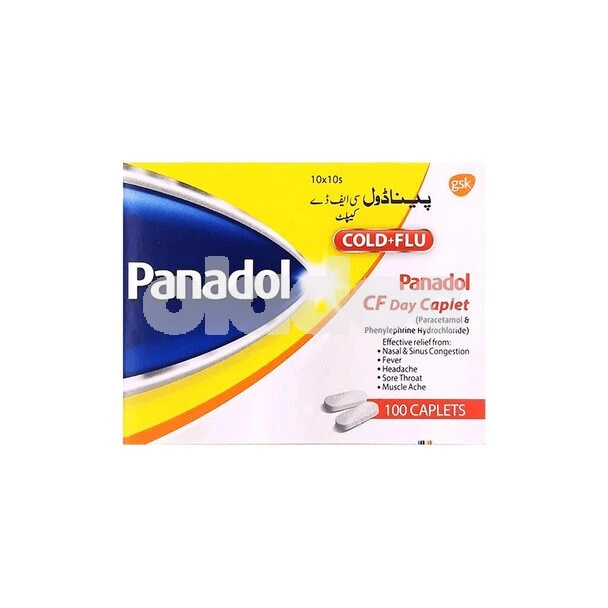Chikungunya is a vector-borne disease that has recently surfaced in Pakistan, primarily affecting its largest city, Karachi. To prevent this disease from spiraling out of control, it is important to understand its causes, symptoms, and prevention. Keep reading the article to learn all about chikungunya and how to stay safe from it.
Table of Contents
What Is Chikungunya?
Chikungunya is a viral disease caused by the chikungunya virus (CHIKV). It is mainly spread by the Aedes aegypti or Aedes albopictus mosquitoes, which are also responsible for spreading similar viral diseases such as Zika and dengue.
Chikungunya Outbreak In Pakistan
Chikungunya is on the rise in Karachi, sparking concerns of a widespread epidemic that has people all over Pakistan worried. Currently, no licensed medicine or vaccine is available to treat chikungunya. To make matters worse, cases are often underreported due to the high costs of diagnostic tests that deter people from getting themselves checked.
Due to this reason, experts believe that the total number of Chikungunya cases might be higher than is being reported. Meanwhile, Dr. Abdul Wahid Rajput, Director of the Sindh Infectious Diseases Hospital and Research Centre, has warned that dengue and chikungunya cases are expected to be on the rise until December, with 500-750 cases of chikungunya being reported daily in Karachi.
How Is Chikungunya Diagnosed?
The polymerase chain reaction (PCR) test developed in 1983 by Dr. Kary. Mullis, can help detect the chikungunya virus (CHIKV). It is available at a high cost of around 8000 PKR in Pakistan, which many cannot afford. This forces doctors to rely on reported symptoms and physical checkups to distinguish between chikungunya and similar vector-borne diseases like dengue. Close resemblance to symptoms of other mosquito-borne viral diseases makes chikungunya easy to misdiagnose.
Also Read: Best Doctors in Karachi [2025] – Choose From a List!
What Are The Symptoms Of Chikungunya?
Chikungunya symptoms usually appear 3-7 days after a bite from an infected mosquito. Following are the common symptoms of chikungunya:
- Fever
- Joint swelling
- Muscle pain
- Headache
- Rash
- Nausea
- Fatigue
Can Chikungunya Be Fatal?
Severe cases of chikungunya leading to death are rare. Affected individuals often start getting better after two weeks. However, it can take several months to fully recover from symptoms such as joint and muscle pain. It is recommended to take plenty of fluids and rest to aid recovery.
How To Prevent Chikungunya
Follow these preventive measures to stay safe from chikungunya and curb its spread:
- Keep yourself covered by wearing full-sleeved shirts and pants. Avoid wearing half-sleeved T-shirts and shorts
- Inspect and proof your home for stagnant water, which serves as the perfect breeding ground for mosquitos
- Use a mosquito repellant
- Try to avoid going outdoors
- Keep the windows and doors of your home closed and sealed to prevent mosquitos from entering inside
Conclusion
With the rising cases of chikungunya in Karachi, it is critical to take the necessary precautions to keep you and your loved ones safe from this disease. If you are affected, do not ignore the symptoms and get help immediately. You can book an online or in-person appointment with a general physician through oladoc to get the help you need.






